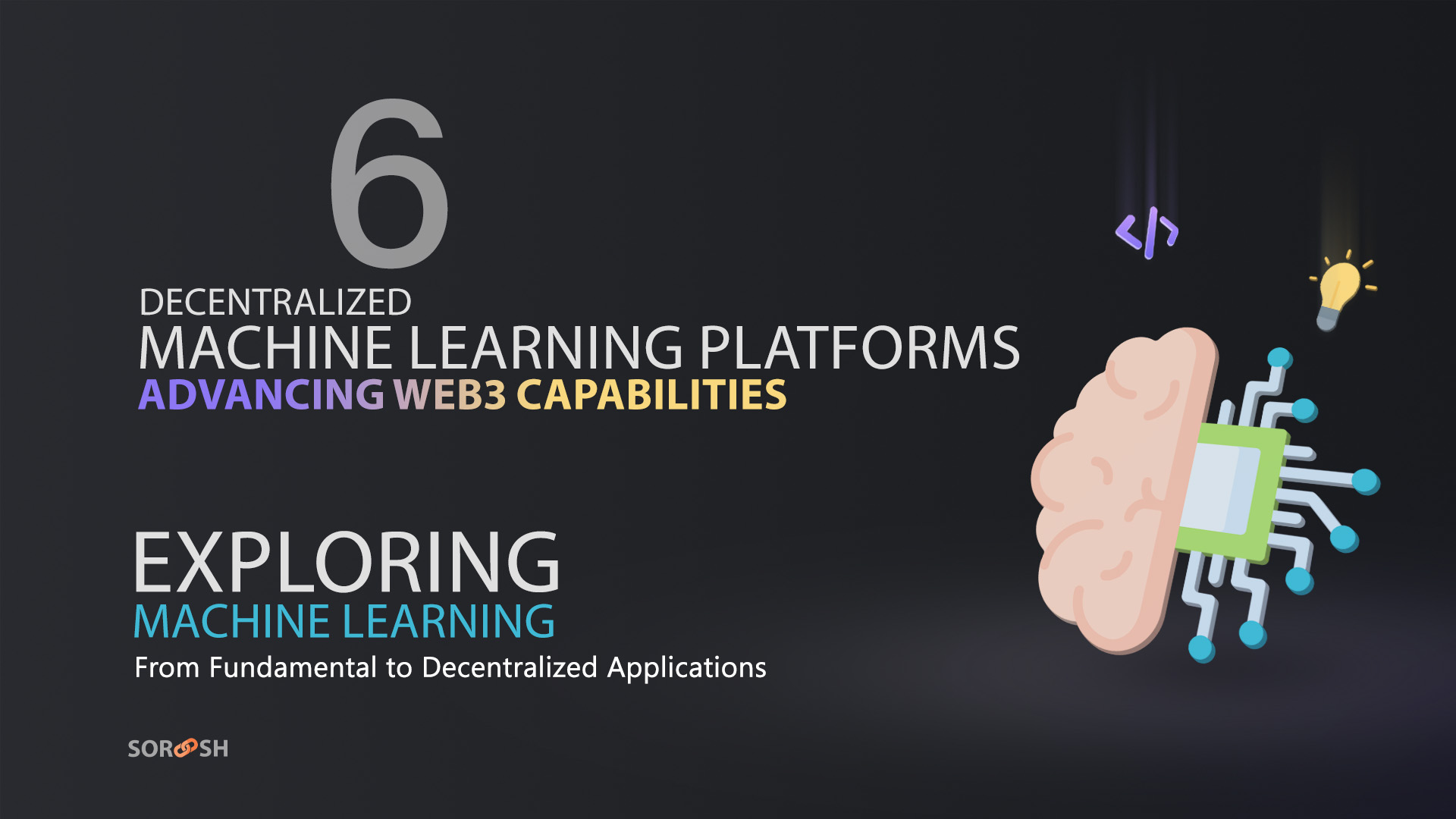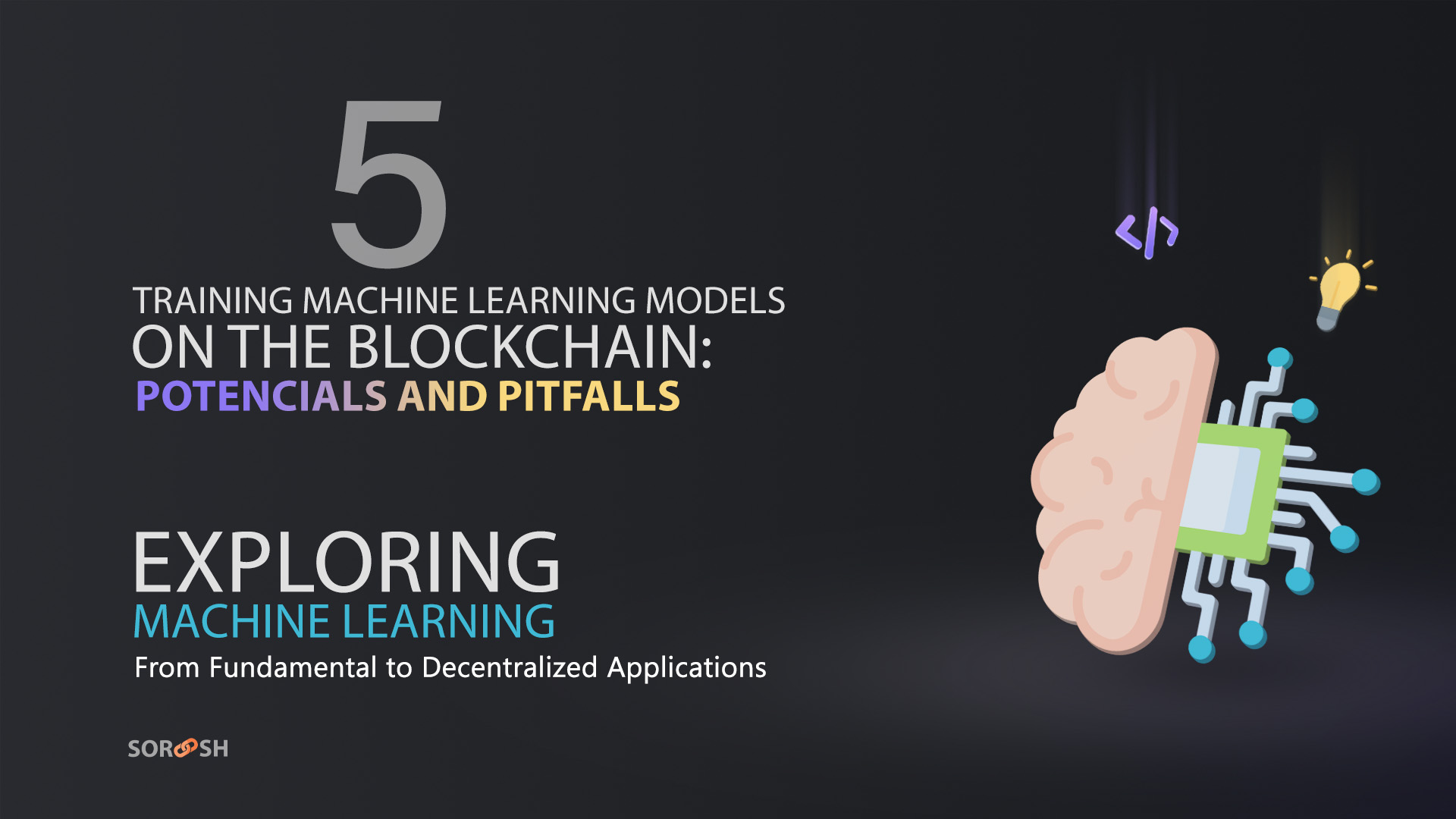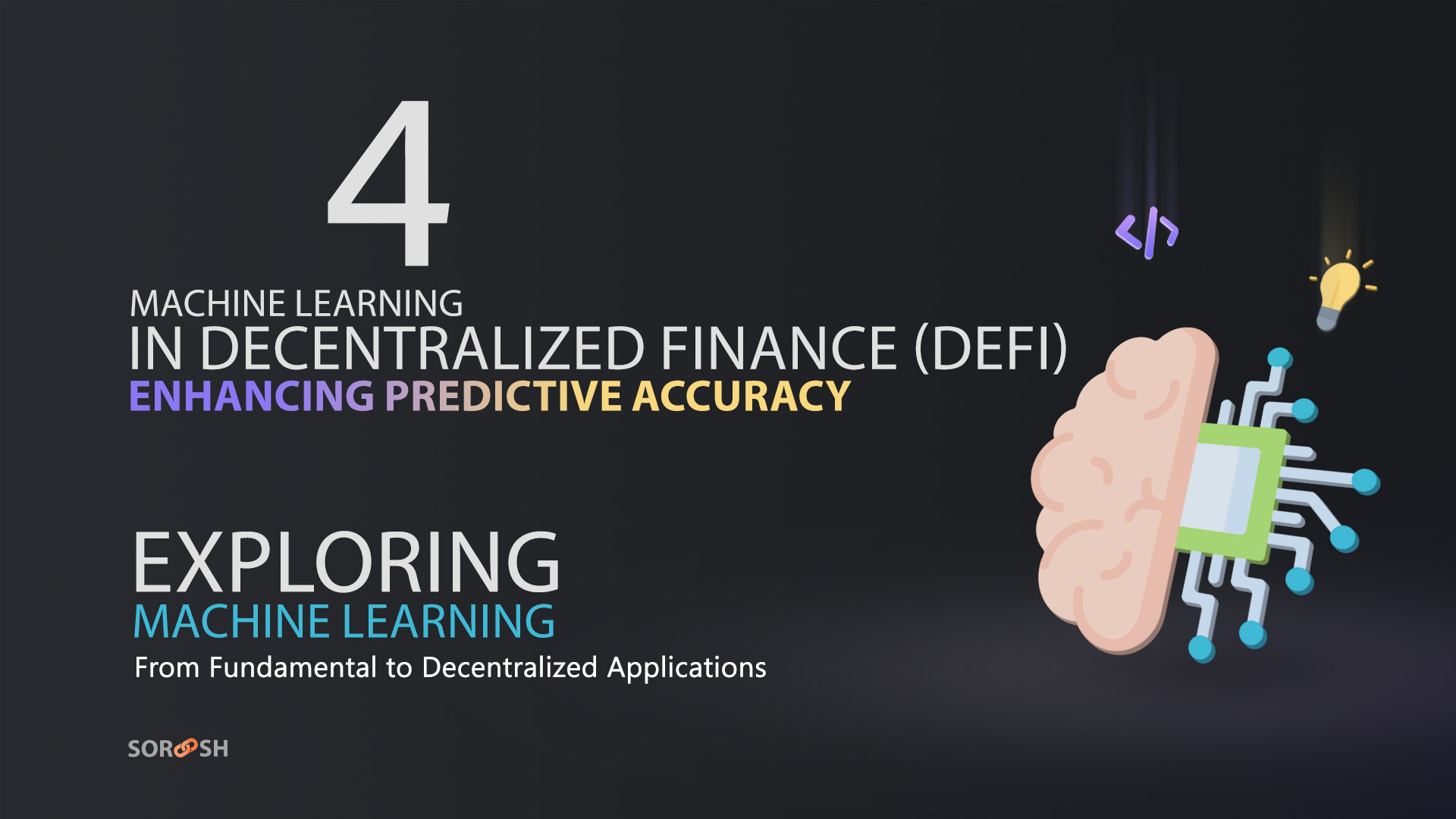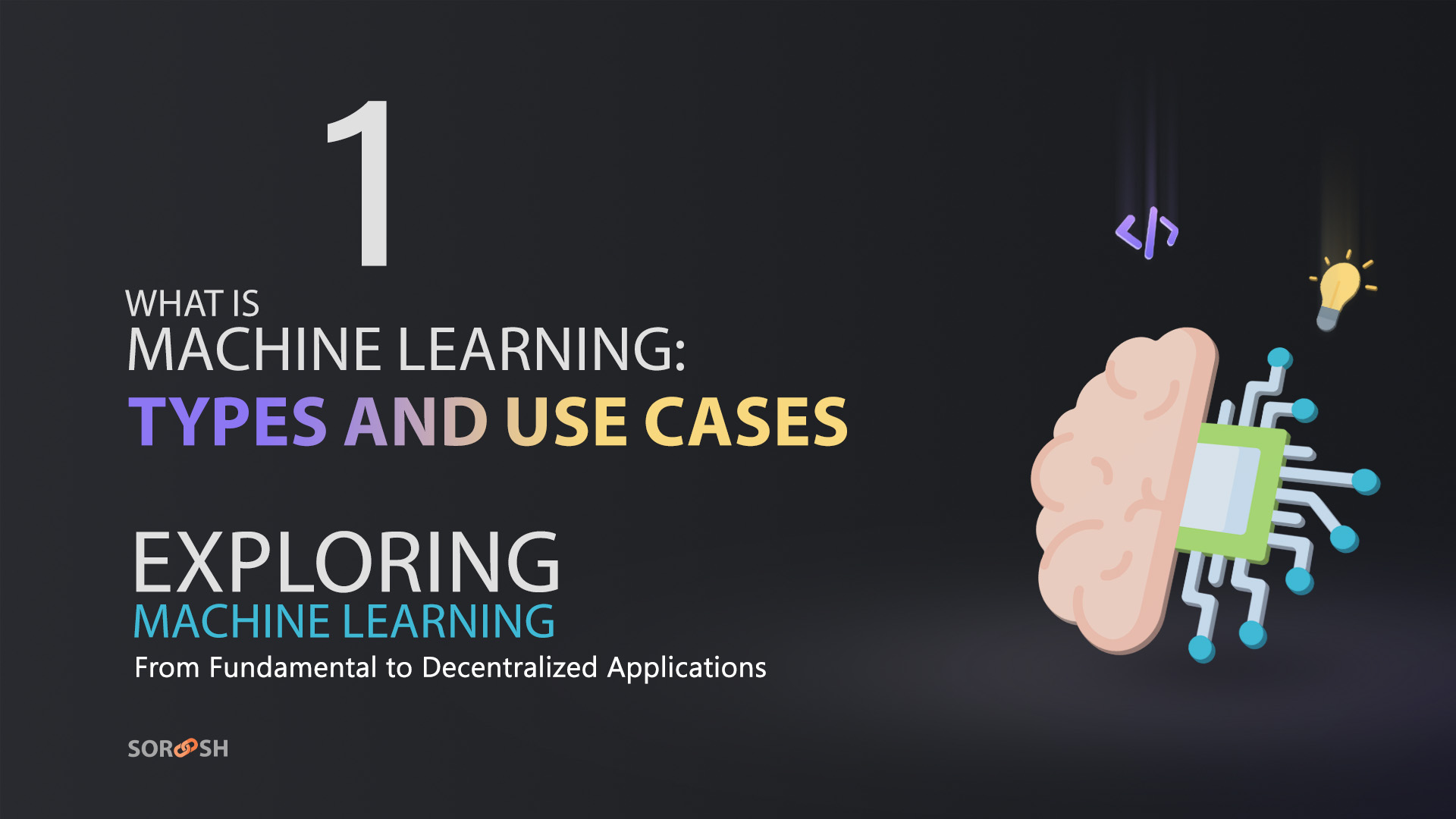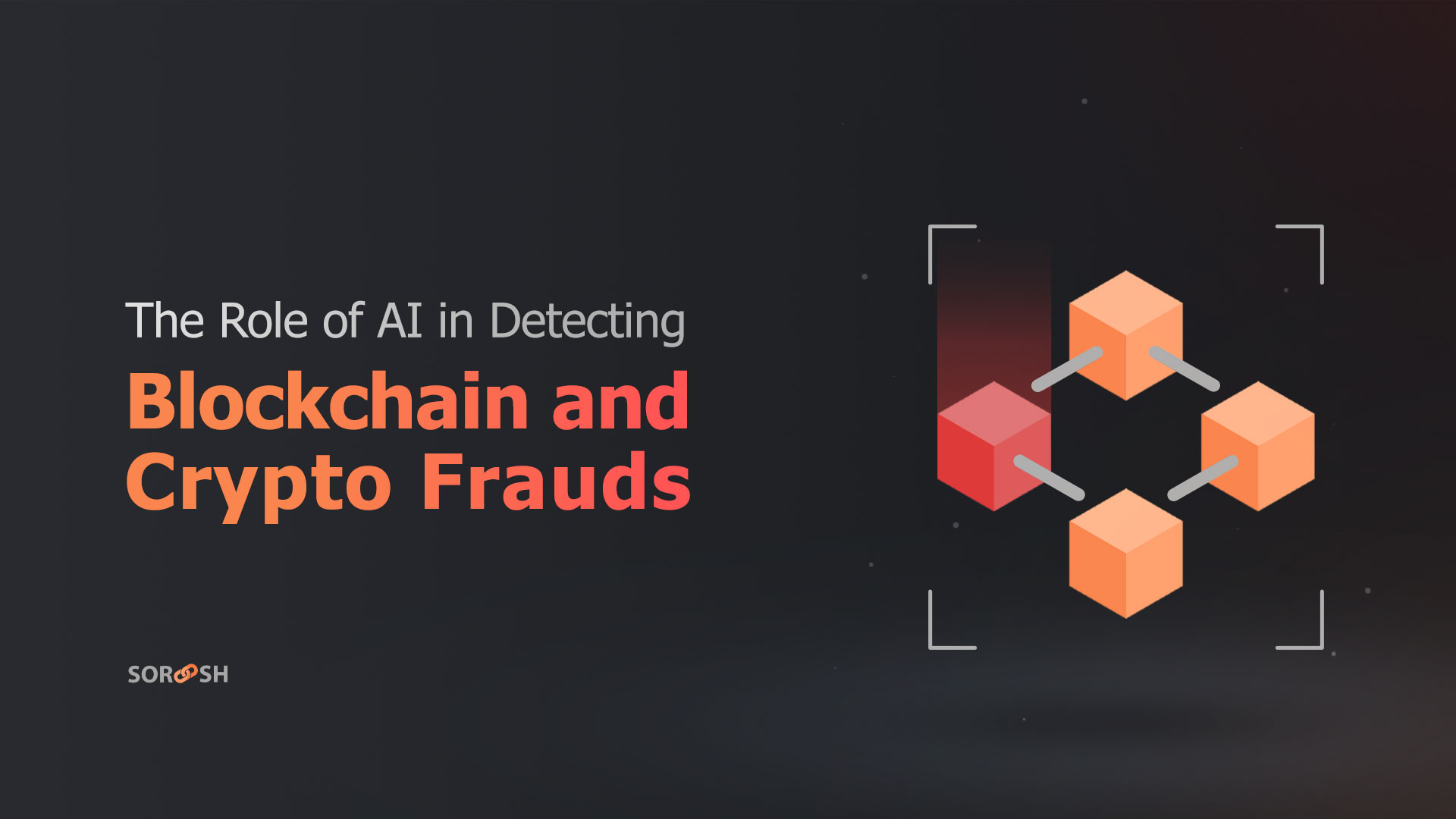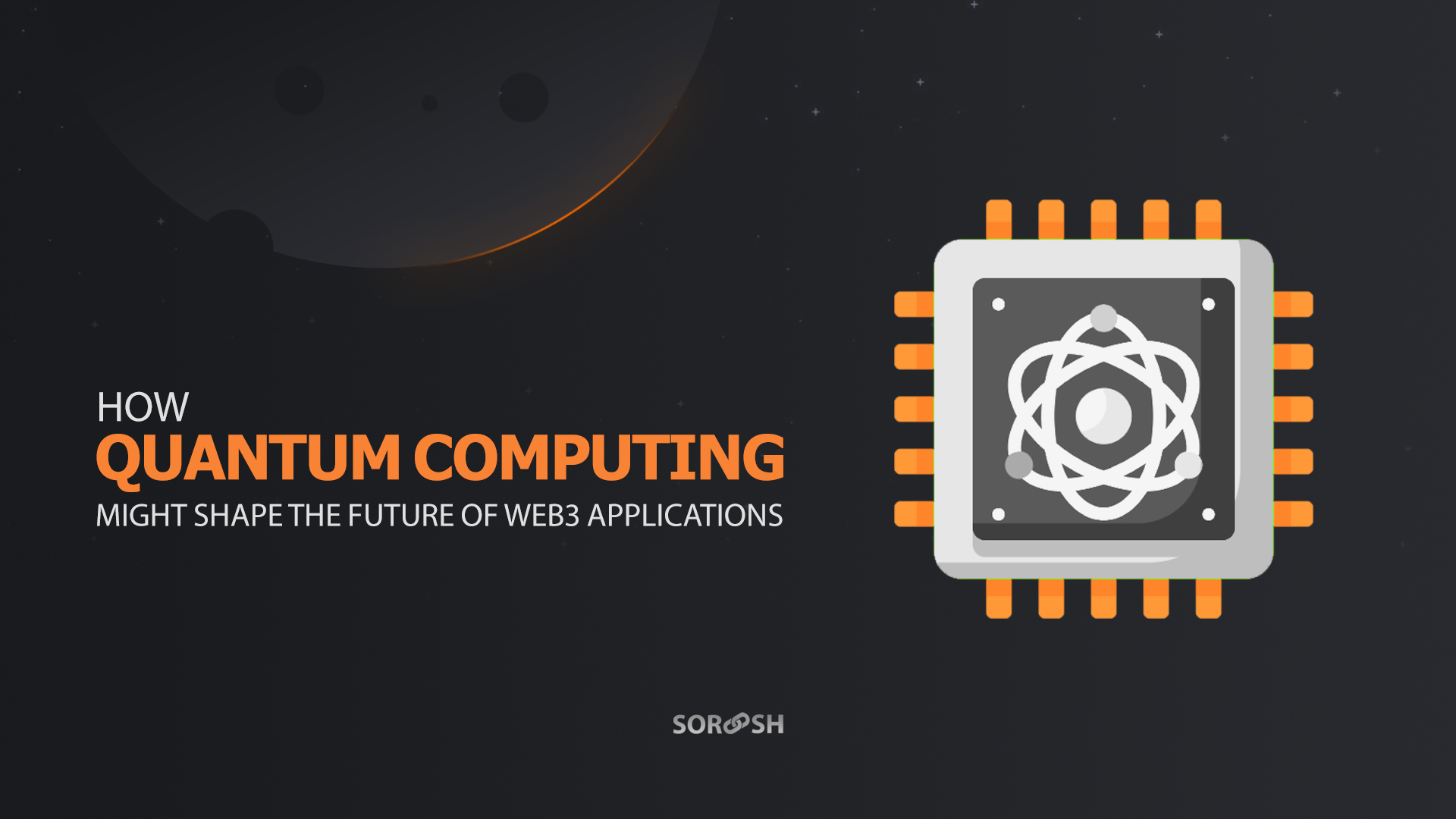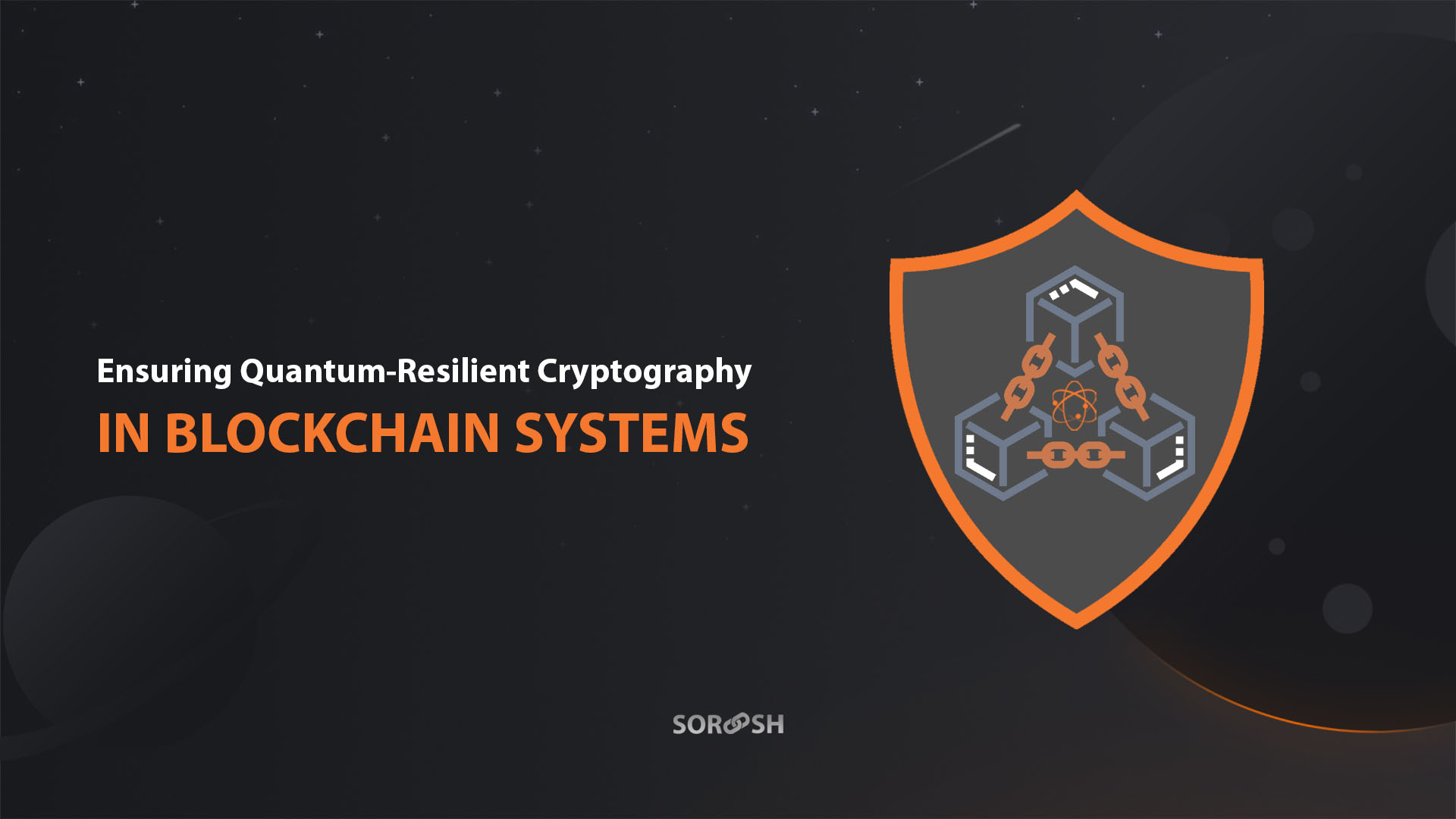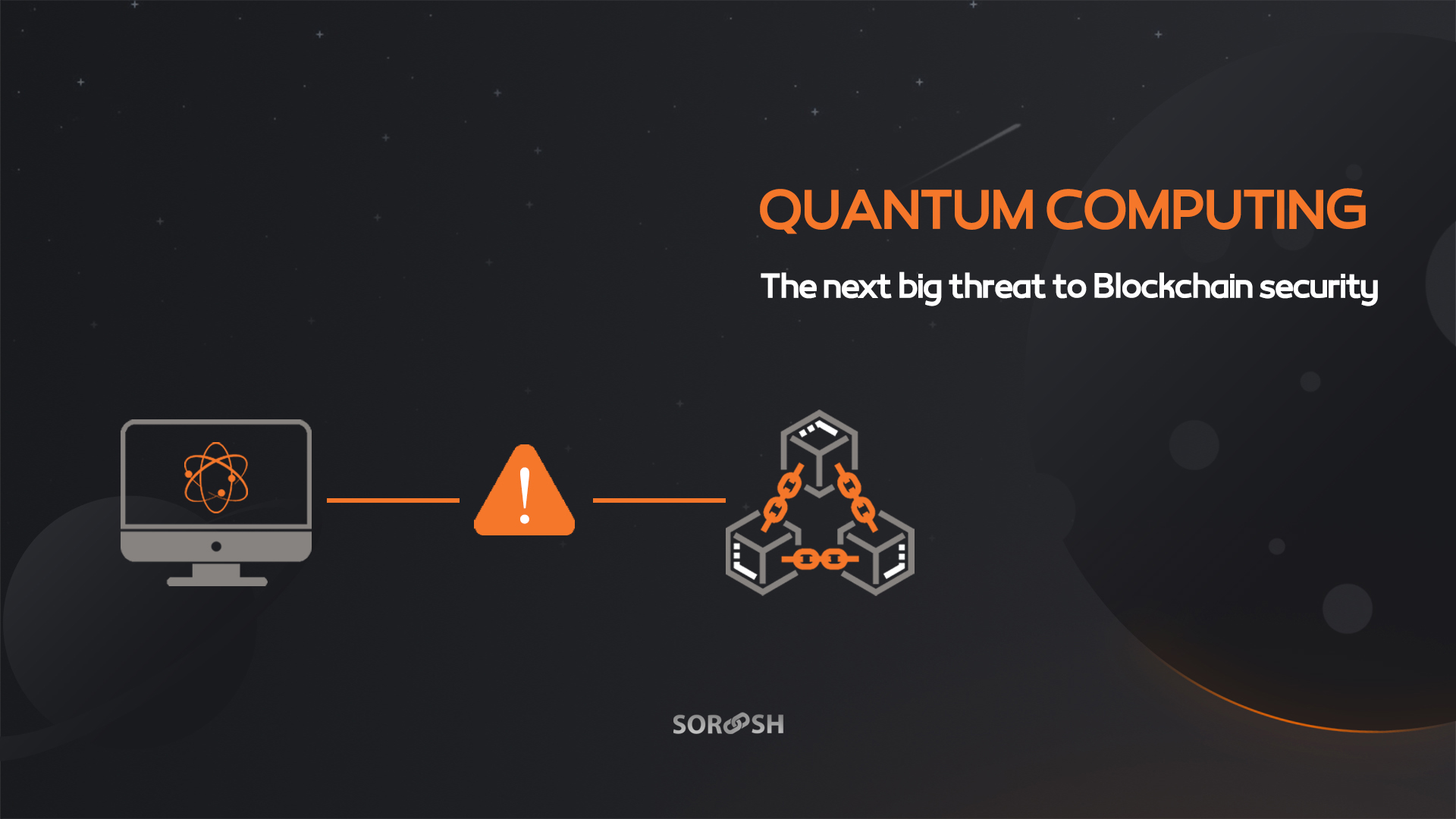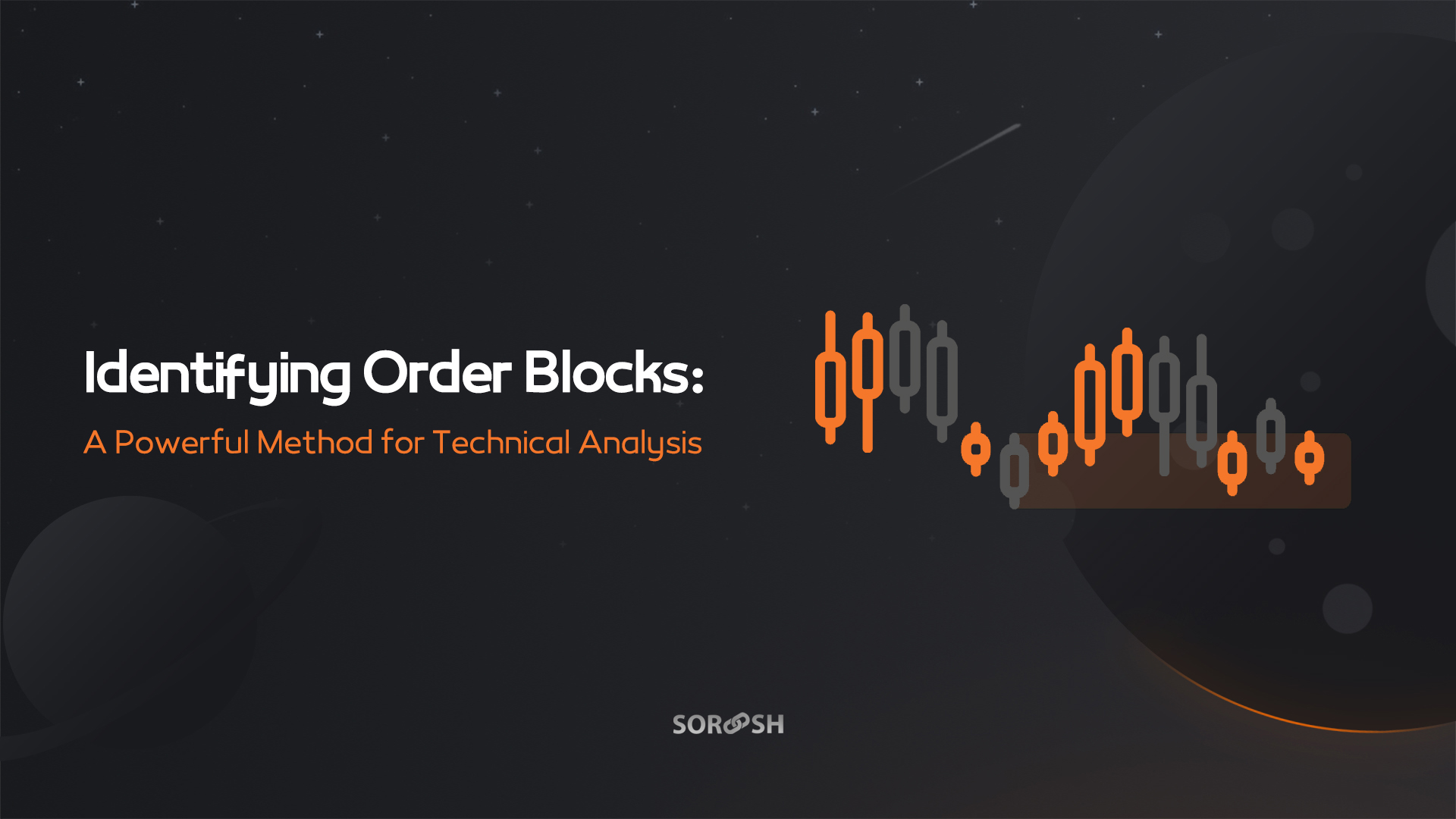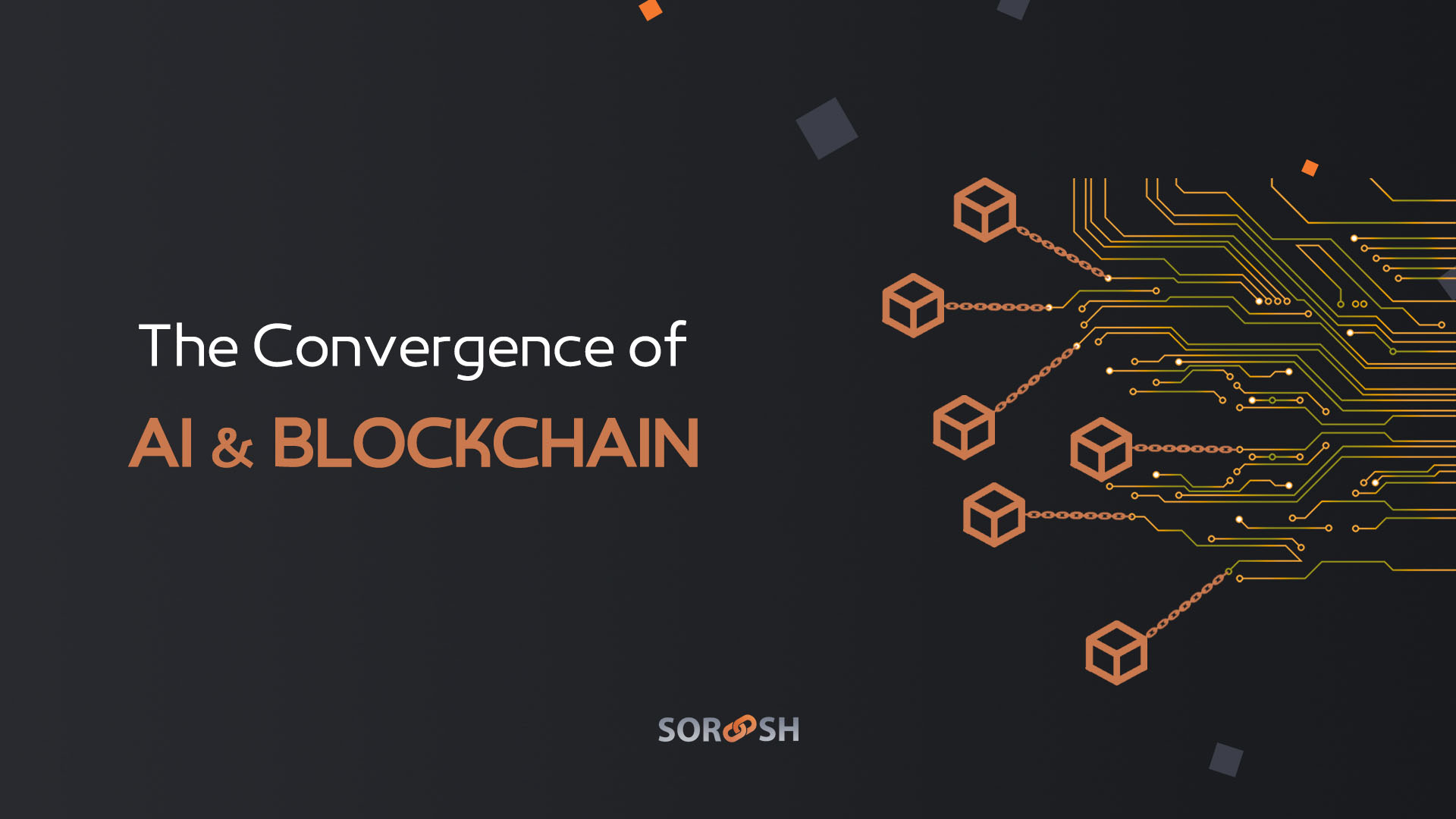

How Quantum Computing Could Revolutionize Privacy for Blockchain
Introduction
Blockchain technology has transformed many industries through its decentralized, transparent ledger system. However, privacy has become a major concern as blockchain expands into finance, healthcare, and other sensitive domains. Public blockchains like Bitcoin and Ethereum have transparent ledgers, posing risks to transaction privacy. Even private blockchains can reveal identities through metadata leaks.
Fortunately, quantum computing offers a potential solution to blockchain's privacy problem. Quantum techniques like quantum cryptography, quantum machine learning, and quantum transmission principles can preserve blockchain's benefits while bringing enhanced privacy.
The Privacy Issues With Public Blockchains
Public blockchains like Bitcoin and Ethereum have transparent ledgers where anyone can view transaction details. All participants can see wallet addresses and the flow of funds. This transparency enables trustless consensus central to blockchain's appeal.
However, public transparency comes at the cost of privacy. Users can be identified through blockchain analytics linking addresses to identities. Financial details, purchase histories, and interpersonal transactions become visible. For instance, an analysis of Bitcoin's ledger revealed connections between ransomware gangs and their money laundering trails.
Such privacy risks make public blockchains problematic for sensitive use cases like healthcare, voting, and enterprise systems. Even law enforcement agencies have warned about the privacy perils of public ledgers.
Metadata Leaks in Permissioned Blockchains
Private or permissioned blockchains only allow verified participants to join the network. But even these can reveal identities and compromise privacy through metadata leaks.
For example, timing patterns in blockchain activity can unveil user identities even if credentials are hidden. Data flow between specific nodes pinpoints real-world entities. AI algorithms can match behavior patterns to re-identify accounts. Such metadata leaks have been demonstrated in financial blockchains like Hyperledger Fabric.
Quantum Computing to the Rescue
Fortunately, quantum computing offers intrinsic properties that can bolster privacy for public and private blockchains. Quantum principles can secure data transmission, analyze privacy leaks, and transmit information intrinsically privately.
Quantum Cryptography for Un-hackable Channels
Quantum key distribution (QKD) allows the sharing of encryption keys between blockchain nodes in a way that immediately detects eavesdropping. This enables truly un-hackable communication channels, preventing MITM (man-in-the-middle) attacks.
Quantum random number generators (QRNGs) can create provably random numbers for generating unpredictable private keys to prevent brute force attacks. QRNGs based on quantum superposition deliver information-theoretically secure random numbers.
QKD and QRNGs allow fundamentally secure key exchange mechanisms for encrypting blockchain transactions and communication.
Quantum ML for Enhanced Privacy
Quantum machine learning algorithms offer exponential speedups over classical ML. Quantum ML models can rapidly analyze blockchain transaction patterns to identify privacy weaknesses.
For example, quantum classifiers can match behavior profiles that leak identifiable traits. Quantum neural networks can detect statistical outliers that reveal sensitive details. Real-time quantum ML analysis enables preemptive privacy protection for blockchain networks.
Unmitigable Transmission via Quantum States
Most uniquely, quantum physics allows intrinsically private transmission of information. Quantum properties like superposition and entanglement transmit data embedded in particle states.
Observing this quantum state automatically alters it, so eavesdropping is intrinsically detectable. Such unmitigable transmission of blockchain data can preserve complete privacy.
Platforms like Quantum Xchange are bringing quantum communication to blockchain networks through fiber channels. As quantum computers advance, direct quantum transmission of blockchain data could become widespread.
The Future of Quantum Blockchain
Quantum computing is unlikely to replace conventional blockchain technology completely. But convergence between these technologies can combine the best of both worlds. Blockchains can retain their decentralization, immutability, and transparency, while quantum techniques provide privacy and enhanced security.
Blockchain platforms will integrate quantum components tailored for privacy as research in quantum cryptography, machine learning, and quantum communication advances. With the prudent application of quantum principles, blockchains can safely expand into sensitive domains. The synergy between quantum computing and blockchain promises a new era of highly secure and private decentralized networks.
Conclusion
While still in its early days, quantum computing offers immense promise in addressing the privacy pitfalls of blockchain networks. Quantum properties allow intrinsically secure data transmission, analysis of metadata leaks, and unmitigable communication channels. With diligent integration of quantum techniques, blockchain systems can retain their core benefits while safeguarding sensitive user information. The emergence of quantum-enhanced blockchains could catalyze decentralized networks for many privacy-centric use cases.
Brought to you by: Soroosh R&D team
Follow us on Social Media to get updates and announcements:
Twitter:
https://twitter.com/SorooshApp
Telegram:
Instagram:
https://instagram.com/sorooshglobal














